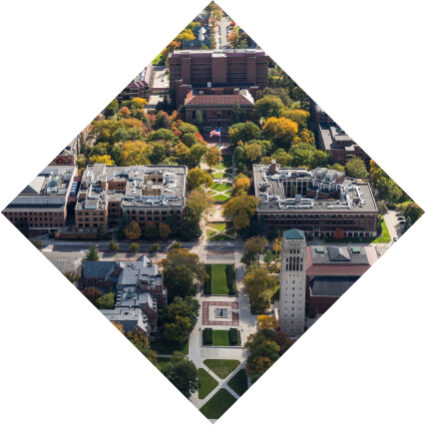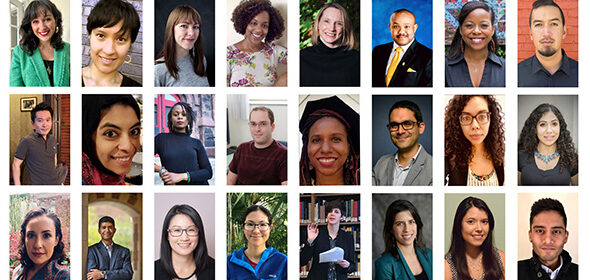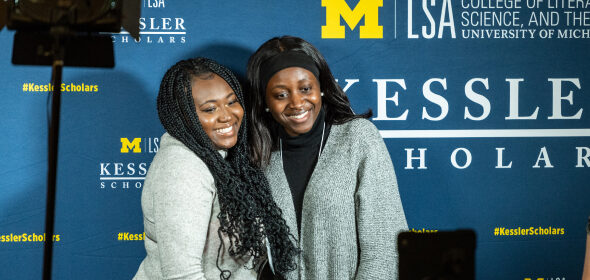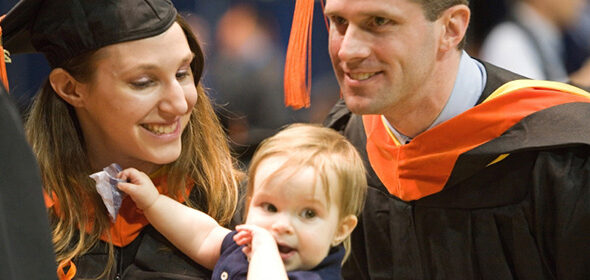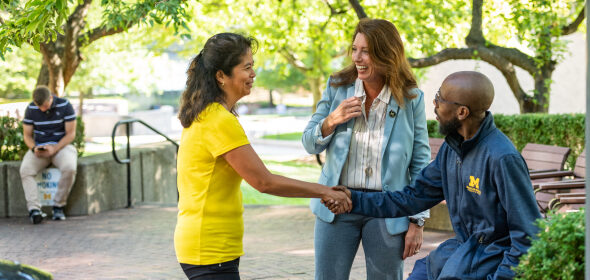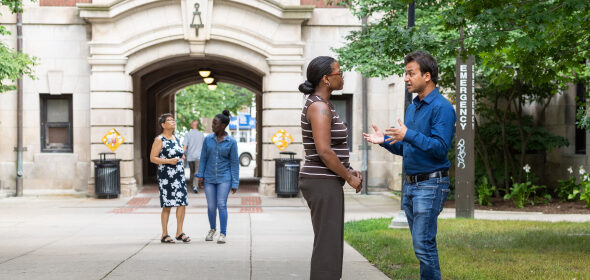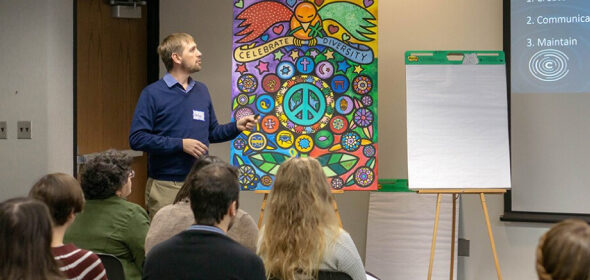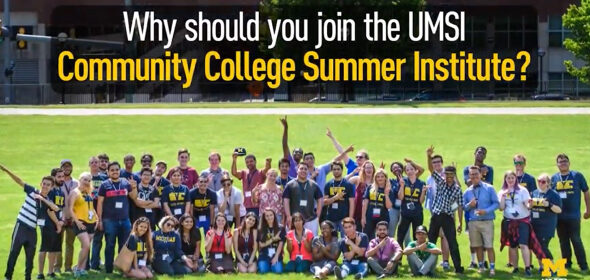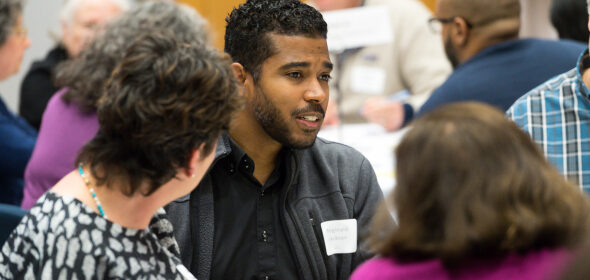
Anti-Racism Brave Space Dialogue Series
During this yearlong series, the UL Director of Organizational Development held monthly discussions with senior-level library employees on key topics associated with becoming an anti-racist organization. These sessions addressed subjects such as the invention of race, white supremacy, white fragility, white supremacy culture and being in solidarity. After half an hour of content sharing, the virtual “room” was split into small discussion groups led by a facilitator. In addition, monthly Zoom meetings were held for the entire library community, with a focus on developing anti-racism skills. Over the course of the year, the program engaged more than 160 of the library’s professional employees, representing roughly 40% of the overall employee base. Post-session surveys indicate that in each of 10 sessions, more than 90% of attendees reported increased levels of understanding along with an increased ability and willingness to apply that understanding in their work sites.
Unit: University Library

